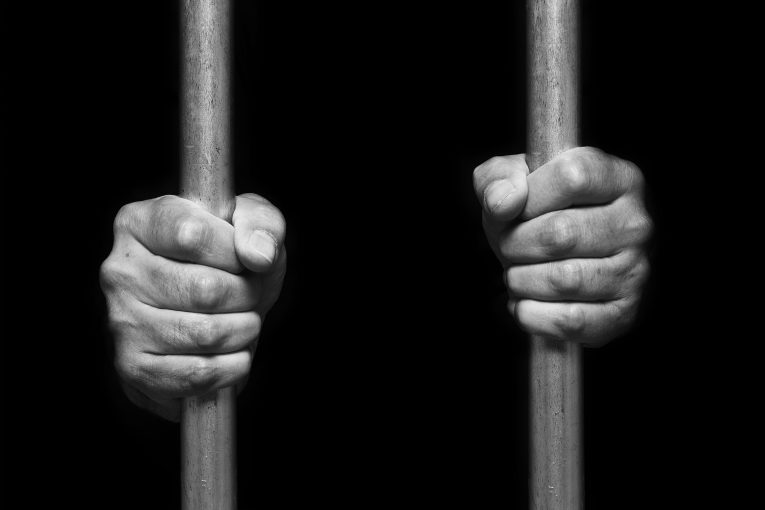

by Jeff Ayers
My name is Jeff Ayers, and I am going to die in prison.
I am not being melodramatic, nor am I exaggerating my situation for literary purposes. I am simply speaking truth, my truth, as it has been for the past twenty-eight of my almost fifty years of life. Some day–could be tomorrow, next week, next month, next year, who knows?–I will not wake up, and that will be it. I will have died in prison. And that is the best case scenario: dying as an old man in bed. I could also die from being stabbed accidentally or intentionally. I could die from an errant gunshot during a melee or riot. I could die from an undiagnosed illness. Whatever the cause, the effect will be the same. I will have died in prison.
How can I be so certain my death in prison is inevitable? Simple. I have been sentenced to that living death known as Life Without the Possibility of Parole, or LWOP for short.
My sentence of LWOP means exactly what it says: I will never have the opportunity to appear before the parole board, never have the chance to allow the commissioners to make their determination as to whether I am suitable for parole back into society, or unsuitable at that time and ordered to reappear in three, five, seven, ten, or even fifteen years. LWOP means no parole hearing, no parole opportunities in my future. The only way I will ever leave prison is as a corpse, adorned with a toe tag, with a zippered body bag for my shroud.
People say, “Have hope! The laws are changing! You may even get commutted!” Have hope, indeed! How many times have well-intentioned people sought to lift my spirits with those words? I have lost count. As if those words can somehow lessen the absolute finality of my LWOP sentence. Oh, how I wish I could share their naivete!
I do have some hope, after a fashion. I hope to wake up in the morning. I hope the food in the dining hall is at least palatable, if not visually appealing. I hope to receive mail from my friends and loved ones. But hope for an end to my sentence of LWOP? Hope for a release from prison while reasonably of an age where I am able to enjoy what life would be left in me? No, I do not hope for such things.
Am I cynical? Perhaps. I believe I have earned the right to be so, that I am entitled to it. Have hope? In what? In a legislature which continually and specifically excludes me from any relief under the law offered to the incarcerated because of nothing more than my sentence of LWOP? In a judicial branch which continues to rule such arbitrary exclusion of LWOPs is not unconstitutional? In an executive branch whose acts of clemency have been sporadic, with the criteria used to determine who is worthy being completely subjective and lacking in transparency? Have hope in these? I think not, and I do not.
Fault me if you wish; call me cynical if you like. Before you do, however, I invite, no, dare you to imagine spending twenty-eight years–and counting–in prison, with the full knowledge nothing you do, no certificate, no college degree, no accomplishment, no matter how impressive, will ever render you worthy of an opportunity for parole. It is my fervent hope you should never find yourself condemned to LWOP, but should you find yourself in that unfortunate position, see how long and how well you retain your optimism, your sense of hope under those circumstances.
My sentence of LWOP has ensured I have lost much, much more than my freedom. It has ensured I have suffered much. As the years and decades have unfolded before and gone past me, I continue to lose and suffer more still. Already I have lost parents, brothers, aunts, uncles, and my friends to death. I have accrued injuries which are slowly but steadily growing worse. I have lost far more than I have gained over the past twenty-eight years. Perhaps these losses would seem less devastating were there a chance at parole, at freedom. But there is not. Not for me, and not for anyone sentenced to LWOP. There is only the grave, open and awaiting my earthly remains.
The school of Stoic thought has a saying: Amor Fati. Love your fate. I will never come to love my sentence of LWOP, for it is a fate worse than death, one which will cause even the stoutest of hearts to falter. I have, however, come to accept my fate, to account my inevitable death in prison. It is this acceptance of death which has provided me with the only freedom I will ever know. It is a freedom only the living dead can understand and look forward to. This is what it feels like to have life without the possibility of parole.